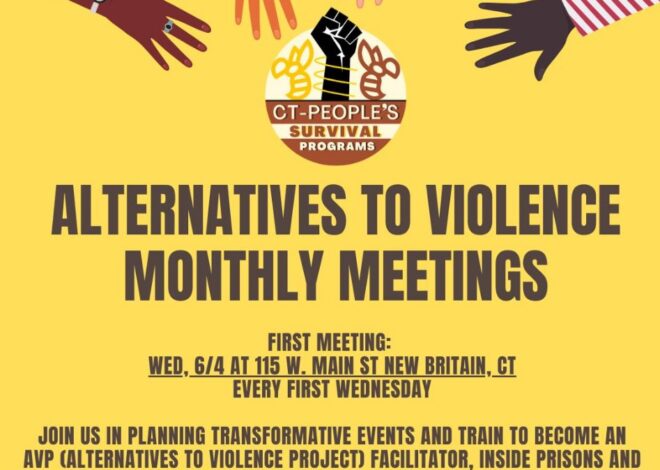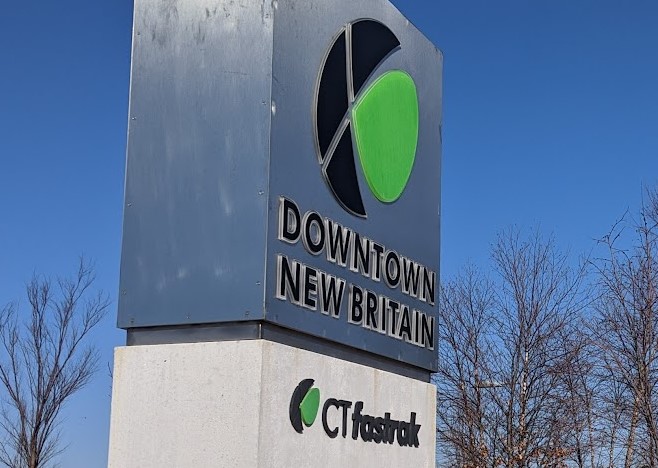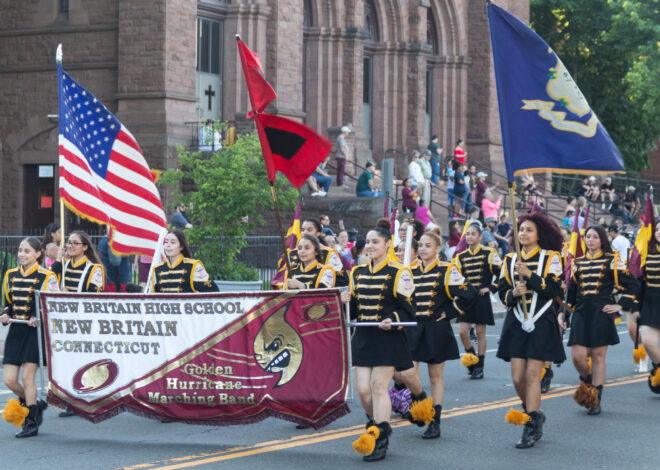
City Charter Question Sparks Bill For “Clarity” In Wording Of Local Referendums
Local And State LWV Backs Proposed Legislation At GAE Committee
By John McNamara
HARTFORD -Legislation to ensure specific wording on local referendum questions has been proposed by New Britain lawmakers in the 2023 Connecticut General Assembly. Proposed Bill 862 “to increase the clarity and simplicity of the language presented to voters in municipal referendum questions” will be considered by the Government Administration and Elections Committee (GAE).
The bill stems from concerns over a controversially worded New Britain charter referendum on last November’s ballot that will result in sweeping changes to local government, including the addition of a city manager (chief administrative officer) and making the offices of Tax Collector and Town and City Clerk appointed instead of being chosen by voters. Those changes and others were approved by voters who were asked an all inclusive question: “Shall the remainder of the changes to the city charter, as recommended by the charter revision commission be approved?” The vote was 5,718 Yes and 4,800 No after a well-financed Yes Committee touted by Mayor Erin Stewart campaigned for approval with citywide mailers and robocalls. The Democratic Town Committee opposed the charter changes but opponents did not form a committee for a campaign against charter revisions. The New Britain LWV disseminated a fact sheet on the charter referendum questions during its fall voter registration activities but did not take a formal position for or against the charter questions.
Leaders of the New Britain League of Women Voters (NB-LWV) reached out to legislators to consider a bill that will “clarify future charter revision ballot questions in Connecticut.” Proponents are seeking a change in election law that would make questions “specific to one subject” and contain concise explanations on the ballot that “adhere to Plain Language Law.” In addition a process in which the Secretary of the State would review local questions for “standards of clarity” may be considered in the legislation.
New Britain was apparently not alone over concerns about charter referendums. New Britain LWV Secretary Ann Speyer said ballot clarity issues also arose last year in Fairfield, East Hartford, Newington, Derby, Stamford and Hamden based on members’ research and inquiries to other League chapters. The League of Women Voters of Connecticut is also supporting the bill and is sending action alerts to chapters throughout the state to support the legislation.
A brief prepared by New Britain LWV members states “ballot questions which will make changes to a charter must be clear to the voters. The League is concerned that Connecticut voters have been asked to vote on ballot questions for charter reform which lacked transparency as to their effect.” At issue were ballot questions that “often consisted of several unrelated issues lumped together and referred to only as recommended changes of a charter revision committee. They failed to inform voters of the changes
themselves.”
Supporters of Proposed Bill 862 acknowledged the existing requirement of legal notification already exists but called the official explanations to voters in New Britain “outdated” last year. They cited Town and City Clerk Mark Bernacki’s classified ad in the July 19th New Britain Herald where the published charter amendments and strike throughs (deletions) appeared in a small-type, two-page spread without any “concise explanatory texts” as required in state law. Unlike other communities New Britain’s website failed to share the charter amendments in an accessible way.
In New Britain last year the city Charter Commission, which conducted numerous public hearings and fully disclosed meeting minutes in its deliberations, sent final recommendations to the Common Council in June that were accepted. However, the Commission’s suggestions to break up the recommendations into four separate ballot questions were ignored by the Council. Alderman Aram Ayalon (D-3) was the sole member of the Council to object to the final language on Question 3. The ballot question even prompted some “Yes” advocates to complain the ballot was not transparent.
In the coming weeks the GAE Committee will schedule a public hearing on the clear language referendum bill when testimony will be heard before the Committee votes to report the bill out for consideration by the General Assembly. Initial sponsors of the bill are members of the city’s legislative delegation: State Senator Rick Lopes (D-6), State Representatives Manny Sanchez (D-24), Bobby Sanchez (D-25), Peter Tercyak (D-26) and Gary Turco (D-27). At a January 21st Legislative Conversations meeting held by the LWV Senator Lopes called the legislation “a common sense bill.”
This story originally appeared at http://nbpoliticus.com



